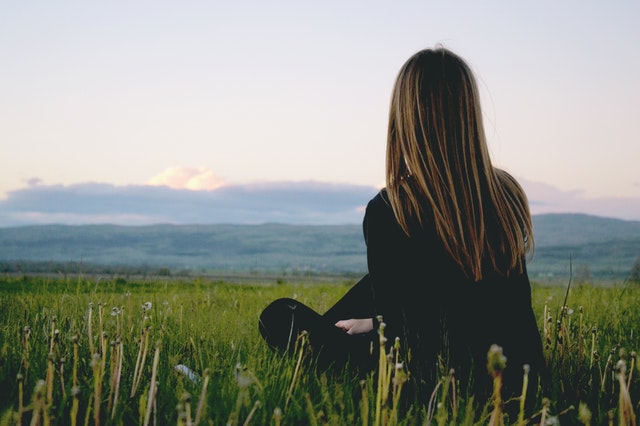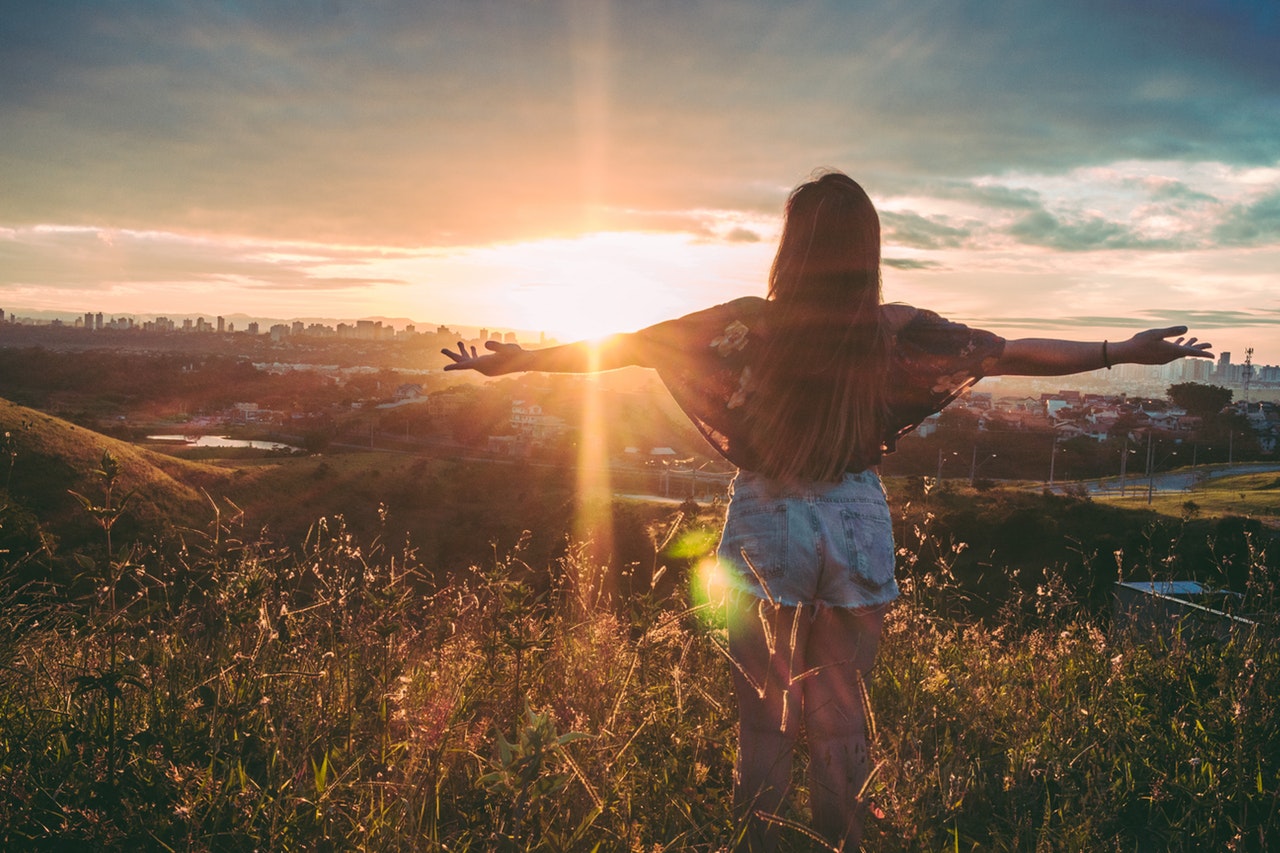STRUGGLING IS LEARNING.
/I get a lot of praise for homeschooling.
Sometimes it feels good, other times I hear the skepticism within the praise: “you are so brave” mixed with a facial expression of fear, perhaps for the huge responsibility that I am shouldering by educating my kids without a teaching degree. I personally have spent nights awake, terrified that I am ruining my children’s futures. Typically this fear is bred from a difficult day of teaching. And by difficult, I mean full blown failures.
The lovely parts of homeschooling: watercoloring outside, sharing a cherished book aloud, or making a mess in the kitchen; these are the things that make it on Instagram. The refusals to put pencil to paper, the utter disdain for a third page of math, or the tears (so many tears) while struggling and failing, and trying again; these are the seeds of crippling doubt, that I hope no one can see.
Some of our days are filled with obstacles. A quiet day at home is few and far between, while I am maneuvering 4 kids through enrichment classes, social lives, extracurricular activities, and just good ole errands. I have grown as a human who relies on calendars and iphone alerts. Still, I am the mom known for my tardiness and lack of memory.
Believe it or not, I have come to see these flaws as strong suits in my homeschooling endeavors. I have a knack for falling in love with what we are learning. We may be sprawled on the floor with 3 history books, 5 maps and a globe, piecing the past together, when my commitments come barreling at me from nowhere. Living in the moment doesn’t even describe it. When I am discussing the Bill of Rights with my daughter and I can feel that she is engaged, I wouldn’t answer my phone for anything.
I have found a peace between the two worlds. My beautiful children continually remind me how valuable a little chaos is. They are forgiving and exhausting and complicated and genuine, and they wear their hearts on their sleeves. I will never be able to match what they continue to teach me on a daily basis. All handwriting and latin roots aside, our greatest lesson is that struggling and failing are learning.
Six years into this whole adventure, and I wouldn’t trade any of it for something easier. The rewards are too great, and the amount of time that I get with these little humans will someday seem too little. With a range of ages, and emotions and recently hormones, I have come to rely on some fundamental tools to scoot us through those rougher days:
1. Say “sorry.” It may be for raising your voice, or forgetting to say please. Maybe it’s for losing your mind over a those damn lost shoes as you are about to walk out the door. Whatever the cause, acknowledge that you could do better. They need to know.
2. Don’t expect your kids to always like you. “Your disappointment does not get to dictate how this day is going to go.” Sometimes I say it more for myself than I do for them. I can get grounded in that moment by acknowledging that I don’t need to reinvent the day to accommodate every burst of misery.
3. Tears are going to fall. My 10 year old son still struggles to read aloud to me. He may be a paragraph in, and stumble on his words and resign himself instantly to crying and defeat. I have come to accept his sensitivities, while still prioritizing what needs to be done. “This is hard,” I tell him “but we can do hard things.” Again… saying it to him, also allows me to hear it.
4. Go outside. If the day is getting heavy, and there is a general funk in the air, go throw a blanket in the front yard and be there together. Use the park, or find some local spots where you can put your feet in a river, or stare at some trees. I know I can’t tackle the housework, or get lost in my own agenda once I remove us from the house. I have even *gasp* left my phone behind (sometimes intentionally, sometimes just being forgetful me).
-Emily







































